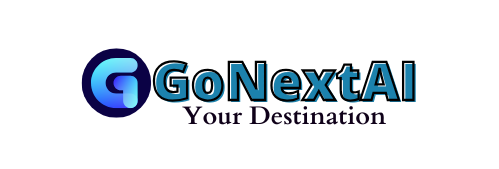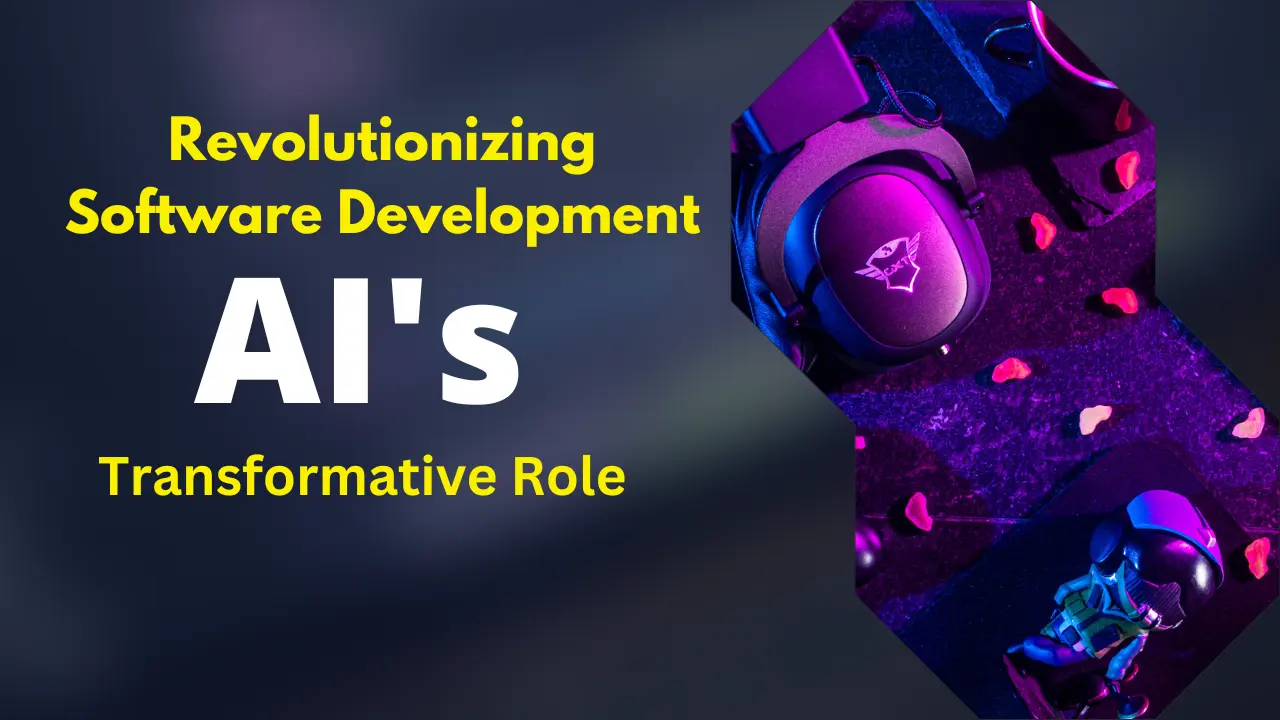Revolutionizing Software Development: AI’s Transformative Role
Software development is a field that thrives on innovation, and in recent years, artificial intelligence (AI) has emerged as a game-changer. Revolutionizing Software Development: AI’s Transformative Role has become a central topic of discussion among developers, project managers, and technology enthusiasts alike. The integration of AI into software development processes is not merely a trend; it is reshaping how applications are designed, coded, tested, and deployed.
How to Start an AI-Powered SaaS Platform
The Current State of Software Development
Before delving into AI’s transformative impact, it’s essential to understand the challenges traditional software development faces. These include:
- Lengthy Development Cycles: Developing, testing, and deploying software often takes months or even years.
- Human Errors: Manual coding and testing processes are prone to errors, leading to delays and increased costs.
- Scalability Issues: With growing user demands, traditional methods struggle to scale efficiently.
- High Costs: The need for extensive resources and expertise often makes software development an expensive affair.
AI is addressing these challenges head-on, bringing efficiency, accuracy, and scalability to the forefront of the software development lifecycle.
Build and Sell AI-Powered Apps Without Coding
Revolutionizing Software Development: AI’s Transformative Role in Coding
Automated Code Generation
AI-powered tools like OpenAI’s Codex and GitHub Copilot are changing how developers write code. These tools can:
- Generate Code Snippets: By understanding natural language inputs, AI can create functional code snippets, saving developers time.
- Provide Real-Time Suggestions: AI offers suggestions to optimize code, enhancing quality and reducing debugging efforts.
Code Review and Optimization
AI algorithms analyze large codebases to identify redundancies and suggest improvements. This ensures the final product is efficient and robust, enhancing maintainability.
How to Monetize AI-Enhanced Video Editing Skills
Enhancing Software Testing
Testing is a critical phase in software development, and AI is making it more effective through:
- Automated Testing: AI-driven tools like Selenium and Test.ai automate repetitive testing tasks, increasing speed and accuracy.
- Predictive Analytics: AI predicts potential failures and vulnerabilities before they manifest, ensuring a reliable user experience.
- Continuous Testing: With AI, continuous integration and testing become seamless, ensuring updates do not disrupt functionality.
AI in Project Management
Managing software projects involves coordinating tasks, timelines, and resources. AI tools assist by:
- Predictive Analytics for Timelines: AI predicts project completion times based on past data, helping teams manage expectations.
- Resource Allocation: AI identifies the optimal allocation of resources to maximize productivity.
- Risk Management: By analyzing historical data, AI highlights potential risks and suggests mitigation strategies.
Revolutionizing User Experience (UX)
The end goal of any software is to deliver an exceptional user experience. AI contributes by:
- Personalization: AI analyzes user behavior to provide personalized recommendations, making applications more engaging.
- Natural Language Processing (NLP): Tools like chatbots and virtual assistants powered by NLP enhance user interaction.
- Dynamic Interface Adjustments: AI adjusts UI elements in real time based on user preferences and behavior patterns.
The Rise of Low-Code and No-Code Platforms
Low-code and no-code platforms are democratizing software development, allowing non-technical users to create applications. AI is at the heart of these platforms, enabling features like:
- Drag-and-Drop Interfaces: Simplifying application design.
- Pre-Built Templates: Providing ready-to-use templates for common use cases.
- AI-Assisted Customization: Offering suggestions to customize applications based on user needs.
How to Make Money with AI-Powered Blogs
Challenges and Ethical Considerations
While AI offers numerous benefits, it also raises challenges and ethical concerns:
- Bias in Algorithms: AI models may unintentionally perpetuate biases present in training data.
- Job Displacement: Automation might reduce the demand for traditional coding roles.
- Data Privacy: AI tools must handle user data responsibly to avoid breaches and misuse.
- Dependency on AI: Over-reliance on AI tools could diminish human expertise in critical areas.
Future Prospects
The future of AI in software development looks promising. Emerging trends include:
- AI-Powered DevOps: Automating the entire DevOps lifecycle for seamless integration and deployment.
- Self-Healing Software: AI systems that can detect and resolve issues autonomously.
- Explainable AI: Making AI decisions transparent to foster trust among developers and users.
Final Thought
Revolutionizing Software Development: AI’s Transformative Role highlights how AI is reshaping the industry by enhancing efficiency, accuracy, and scalability. As AI continues to evolve, it is imperative for developers and organizations to embrace these innovations responsibly. By addressing challenges and leveraging AI’s potential, the software development landscape will become more accessible, efficient, and impactful.
Read More How to Make Money with AI Fast Online

